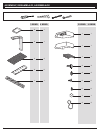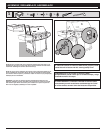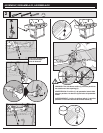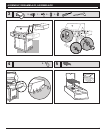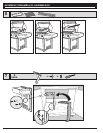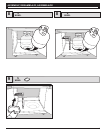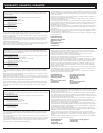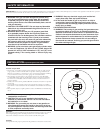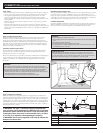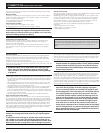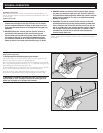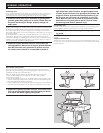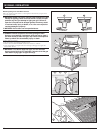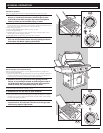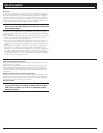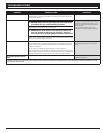Special offers from our partners!

Find Replacement BBQ Parts for 20,308 Models. Repair your BBQ today.
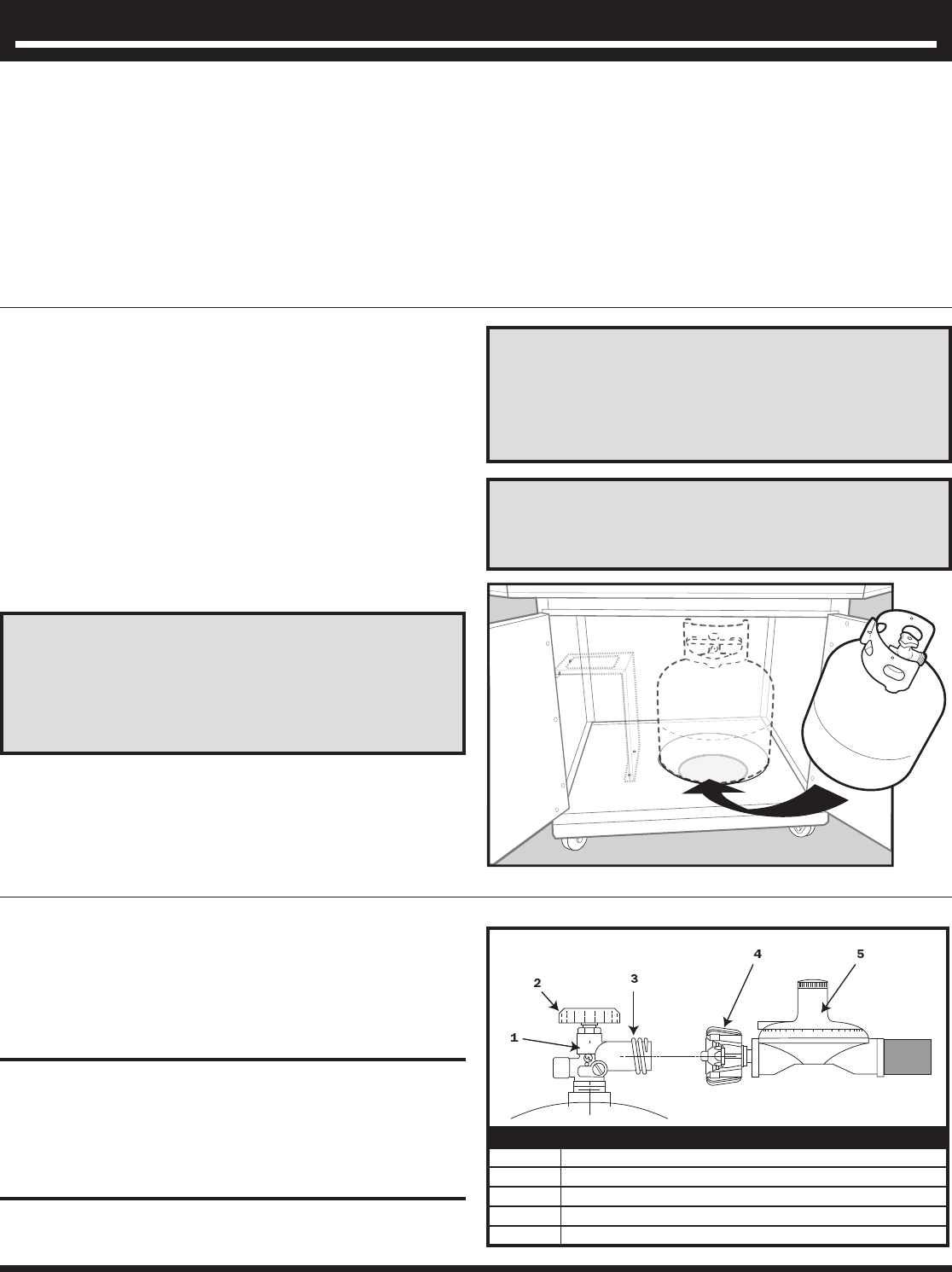
12 www.ducane.com
CONNECTION
CONNECTION
Liquid Propane Gas Grills
Liquid Propane Gas Grills
Type 1 Connective Coupling
All Ducane liquid propane gas grill regulators are equipped with a UL-listed tank
connection as per the latest edition of ANSI Z21.58. This will require a liquid propane
tank that is similarly equipped with a Type 1 connection in the tank valve. This Type 1
coupling allows you to make a fast and totally safe hookup between your gas grill and
your liquid propane tank. It eliminates the chance of leaks due to a POL fi tting that is
not properly tightened. Gas will not fl ow from the tank unless the Type 1 coupling is
fully engaged into the coupling.
ƽ WARNING: The Type 1 connective coupling supplied with
your grill must not be replaced with a different type of grill/tank
connection system. Removal will result in loss of warranty and,
if improperly done, may result in serious bodily injury or death,
or in a fire or an explosion causing damage to property.
ƽ WARNING: Do not let the regulator hose loop up towards the
bottom of the burner box.
TYPE 1 CONNECTIVE COUPLING
1
Type 1 Valve
2
Hand Wheel
3
External Thread
4
Thermally Sensitive Nut
5
Propane Regulator
Type of Gas
• Your LP grill is factory built to operate using liquid propane only. Never attempt to
operate your grill on gases other than the type specifi ed on the grill rating plate.
• The regulator supplied with your liquid propane gas grill is set for 11” water
column pressure and is for use with propane gas only. This regulator and the
factory-supplied hose assembly must be used when operating your grill with a 20 lb.
LP gas cylinder.
• If replacement of the hose and/or regulator becomes necessary, factory-specifi ed
parts are required.
• For safety and design reasons, the conversion of a Ducane
®
grill from operation
using LP gas to operation using natural gas requires the change out of the entire gas
supply system of the grill. If this becomes necessary, see your dealer for additional
information.
Handling Liquid Propane Gas
Propane gas should be handled and stored with care. We suggest asking your propane
gas dealer, when having your tank fi lled, for a short course in handling, care and
storage of propane gas tanks. Most dealers will be glad to instruct you on how to store
and handle your tank. Make sure your tank is never stored inside! Keep it outside in a
well-ventilated area in an upright position away from your gas grill.
Portable Installation
Complete portability is afforded to the grill head when mounted on the portable cart.
When so installed, it is necessary to use a 20 lb. capacity liquid propane tank. Use no
other size. The tank retainer is designed to accommodate only this size tank.
IMPORTANT
If there are local codes that apply to portable gas grills, you will have to conform to
them. Installation must conform with local codes or, in the absence of local codes, with
either the National Fuel Gas Code, ANSI Z223.1/NFPA 54, Natural Gas and Propane
Installation Code, CSA B149.1, or Propane Storage and Handling Code, B149.2.
• Check that the area under the control panel and the bottom tray are free from debris
that might obstruct the fl ow of combustion or ventilation air.
• The areas around the LP cylinder must be free and clear from debris.
IMPORTANT
The liquid propane tank supply system must:
1. Have a safety relief device having direct communication with the vapor space of the
tank.
2. Be arranged for vapor withdrawal.
3. Include a collar on the tank to protect the tank valve.
4 . Be equipped with an overfi ll protection device (OPD). The tank should be 12 inches
in diameter and 18½ inches tall.
CHECKING GAS LEAKS
Before operating your grill and after refueling, check carefully to be certain that all
connections are tight and there are no gas leaks. The easiest way to do this is to mix
up a little soapy water, like you would for washing dishes. Turn on the gas and brush a
little of the mixture around fi ttings. If new bubbles form, you have a leak!
Type of Liquid Propane Tank
For LP gas grills, the LP gas supply cylinder to be used must be constructed and
marked in accordance with the specifi cations for LP Gas Cylinders of the US
Department of Transportation (DOT) or the National Standard of Canada, CAN/
CSA-B339 Cylinders, Spheres and Tubes for the Transportation of Dangerous Goods.
This tank must be provided with a shut-off valve terminating in a liquid propane gas
tank valve outlet. The valve must be equipped with a Type 1 connection complying
with the latest edition of ANSI Z21.58.
Installing Liquid Propane Tank
The Propane tank is installed through the back of the base cabinet. Lift the liquid
propane tank into the cabinet and rest it in the base opening. Position the valve
opening facing out to the rear of the grill.
Ducane recommends the use of cylinder manufacturer’s Manchester and Worthington,
with a 47.6 lb water capacity. Other cylinders may be acceptable for use with the
appliance provided they are compatible with the appliance retention means (see
illustration).



